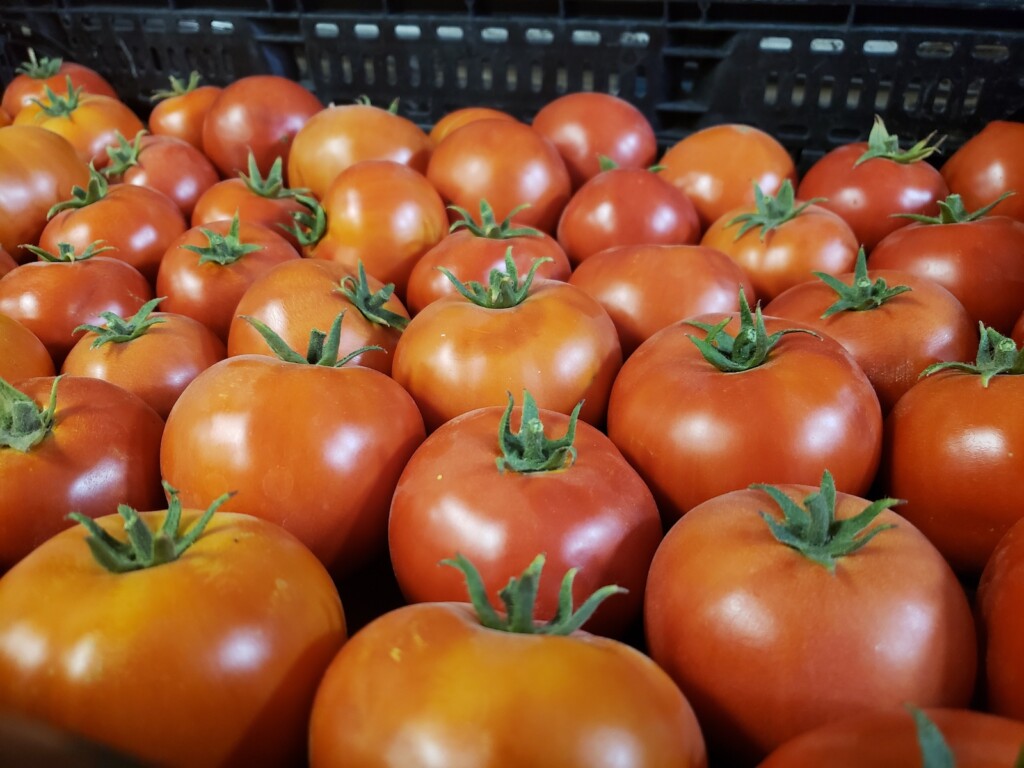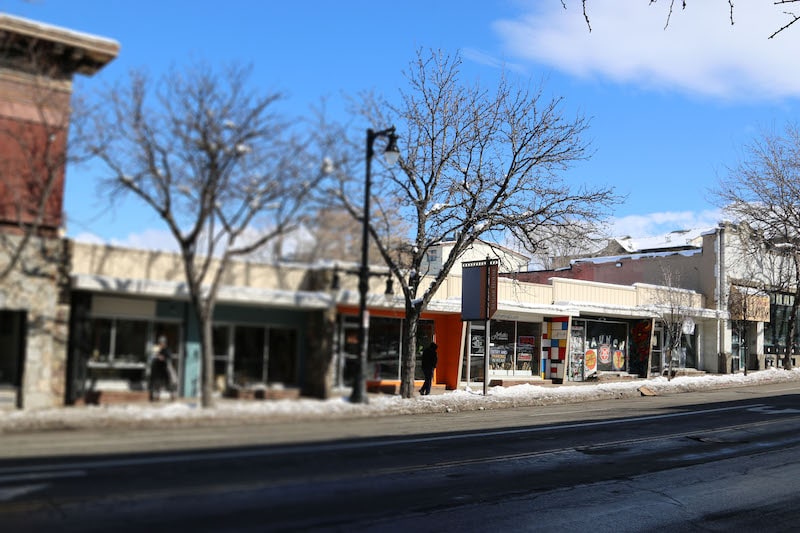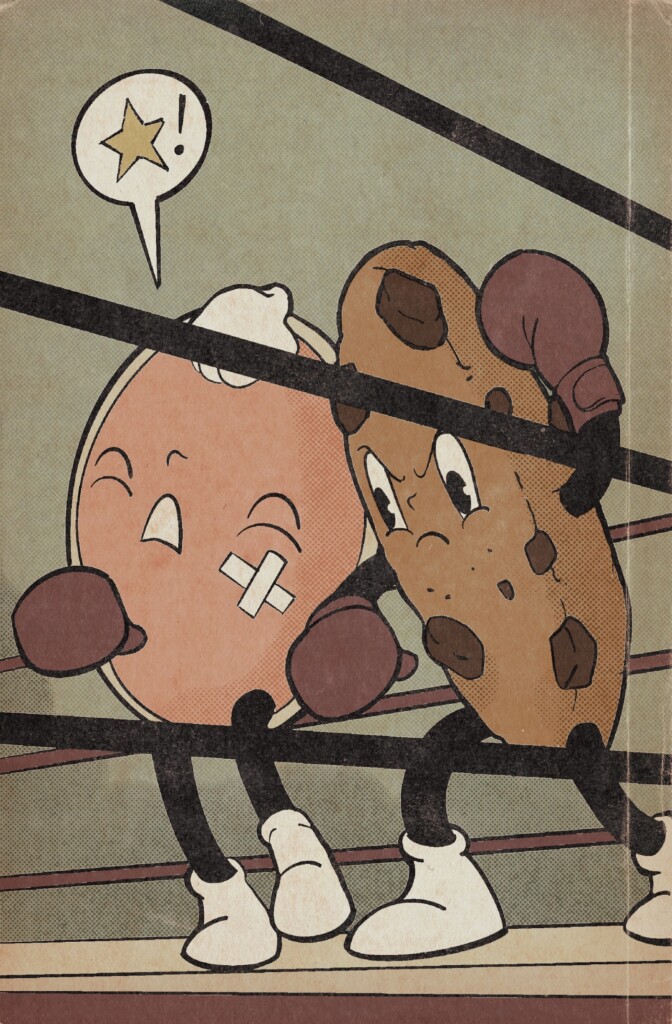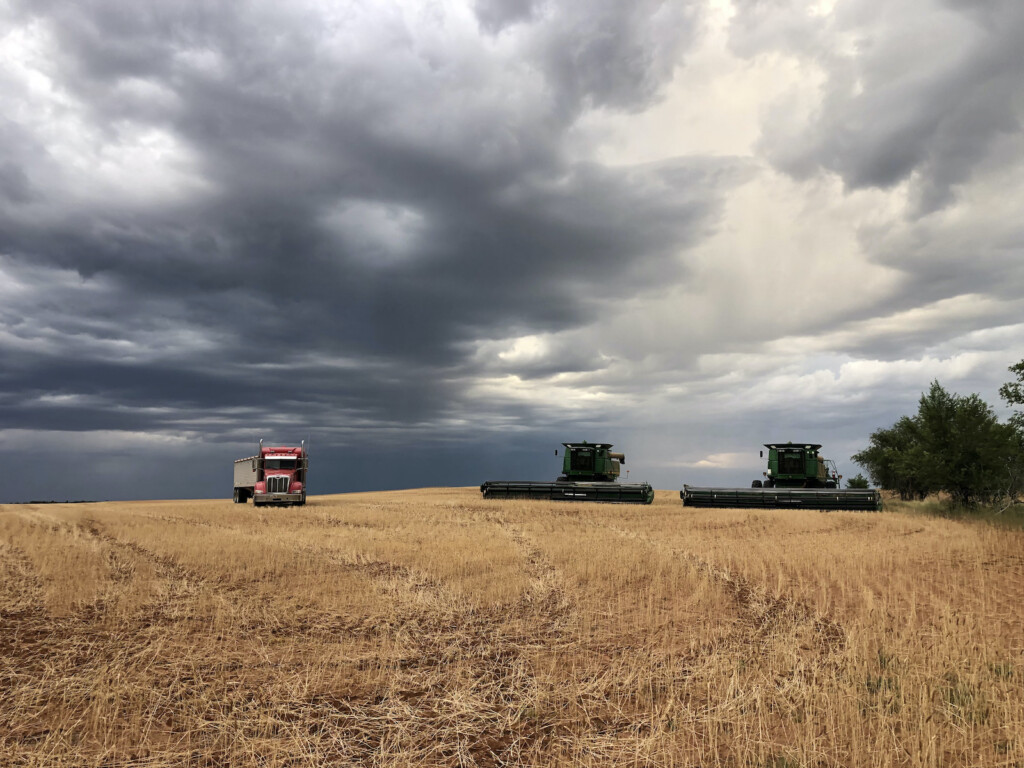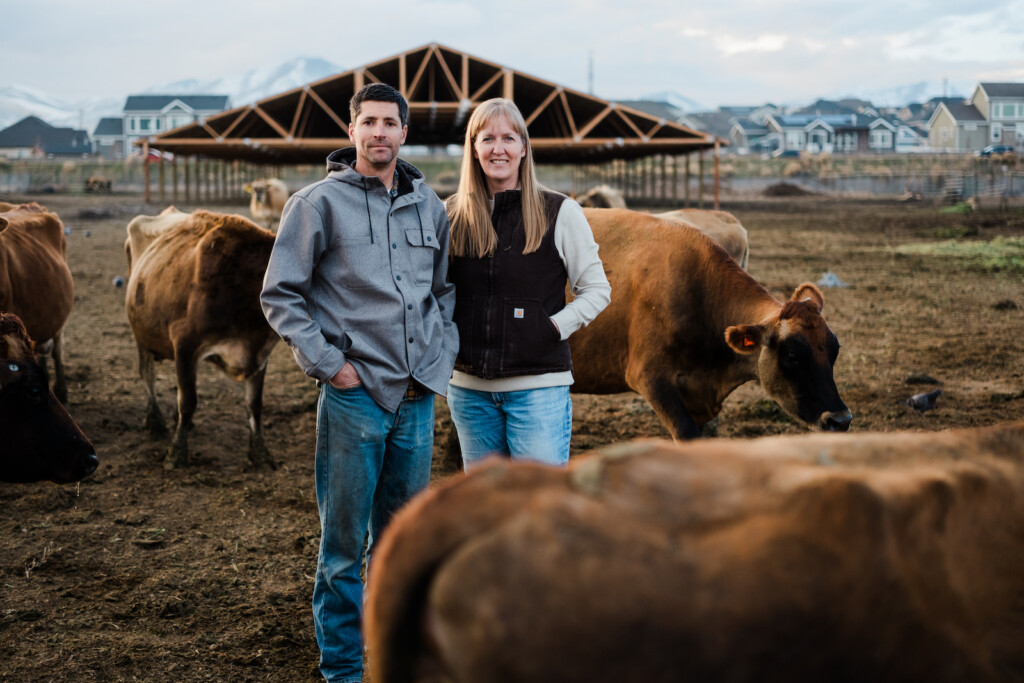In Benton, Utah, you will find Johnson Farms — a farm that has been in the Cache Valley and run by the Johnson Family for more than a century. What started as a dairy farm has become a haven of vegetables and other produce. It is a rare departure from commodity to vegetable farming, yet the Johnsons did it.
“Great-grandpa decided to sell the cows,” explains Kelby Johnson, current head of the farm alongside his brother. “Then, Dad decided to take over the ground, but a chunk of it was just grazing field crops. And then my brother and I wanted to be part of it and it didn’t make any sense to only do that, so that’s when we decided [in 2007] to make the transition to vegetables.”
The reason for switching to vegetables? It’s a more profitable crop, however, there’s quite a risk in growing vegetables, but as the saying goes, ‘with great risk often comes great reward.’
“The primary focus is vegetable crops, and the reason is we’re not making enough money on just commodities,” says Kelby. “We [me and my brother] decided that we needed to do something that made more money, and that was vegetables. They’re a lot more work and they’re a lot more risk, but they do generate a higher profit per acre.”
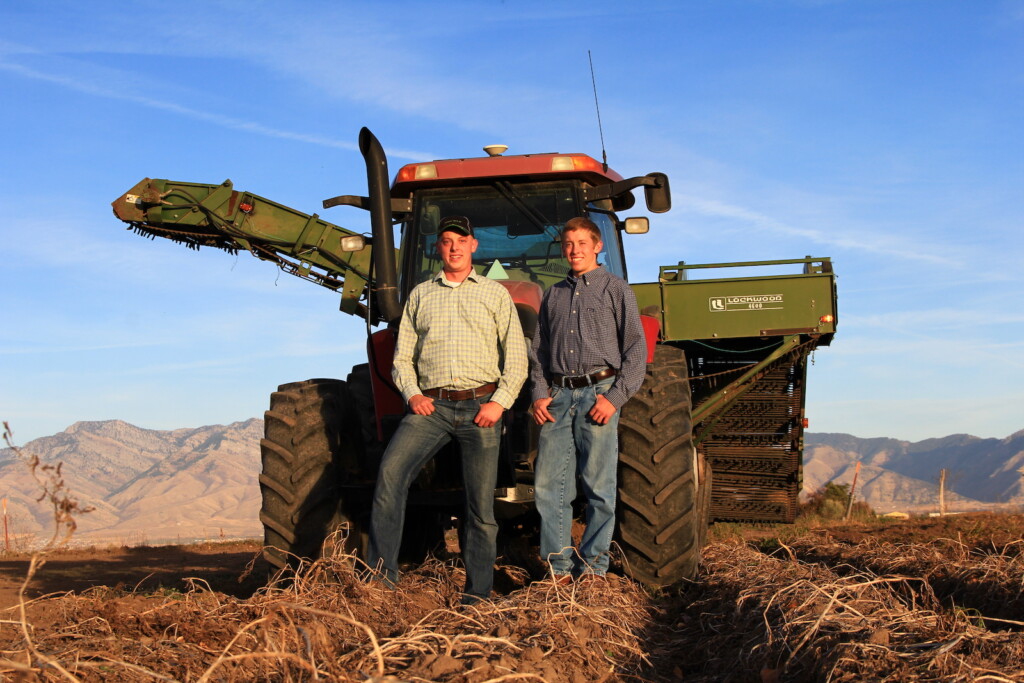
Some risks of vegetable farming are that the crop could just come out bad that year or may not look as appetizing. Kelby mentioned that people eat with their eyes, and if the vegetable doesn’t look dolled up, it’s harder to sell.
“Vegetables are very particular crops in the field; it doesn’t take much to goof them up, and if you goof them up, you’re done for the year,” explains Kelby. “You also have a pretty small window to get vegetables sold. When sweet corn is ready you’ve got about seven days to find a home for it. And, if you don’t, you’re out of luck. So they’re very sensitive. They take a lot of time, energy and skill, and you have to be pretty particular about how you raise them so that you don’t screw them up. There’s been a lot of learning curves for us since we started. We’ve had some pretty good successes, and some years we’ve got our butts kicked. It’s not for the faint of heart.”
Definitely not, especially with developers circling the farm. Kelby discussed how the city of Logan has sent letters showcasing interest in transforming the farmland into roads and shops.
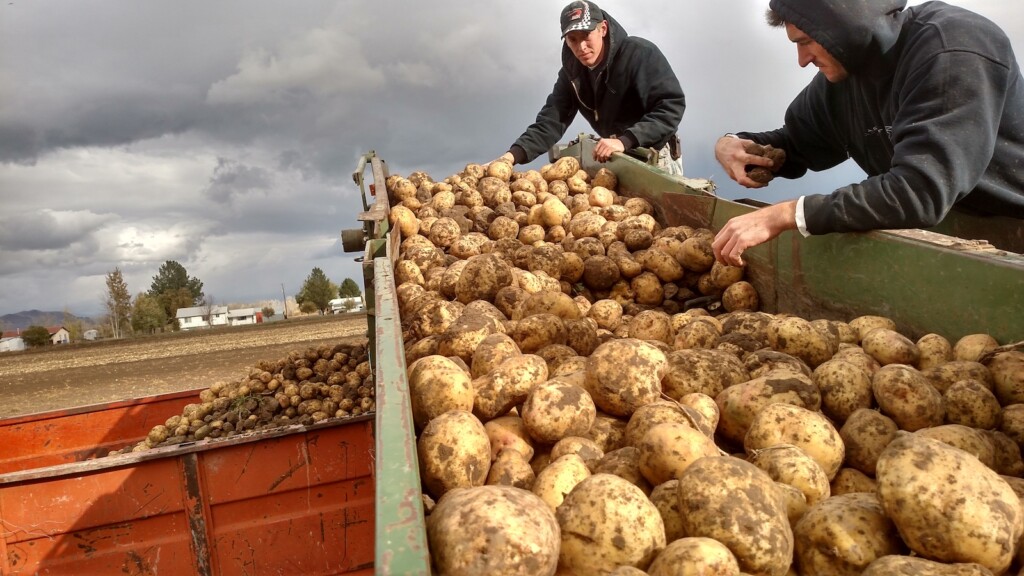
“The City Council and Development Committee has sent us a map of our farm with all the houses and roads and everything that they have planned for our farm,” says Kelby. “It’s just frustrating to have them send it in the mail with a note saying, ‘this is our plan for your farm in the future, just so you’re aware.’”
Kelby’s frustrations are warranted, especially because he wants the farm to stay in his family for another century. He mentions how he and his brother would like to pass it down to their sons and so forth, keeping the Johnson legacy alive.
Find Johnson Farms produce at their farm store, Local Produce, 58 W 400 N, Logan, Utah. You can also find them online .

